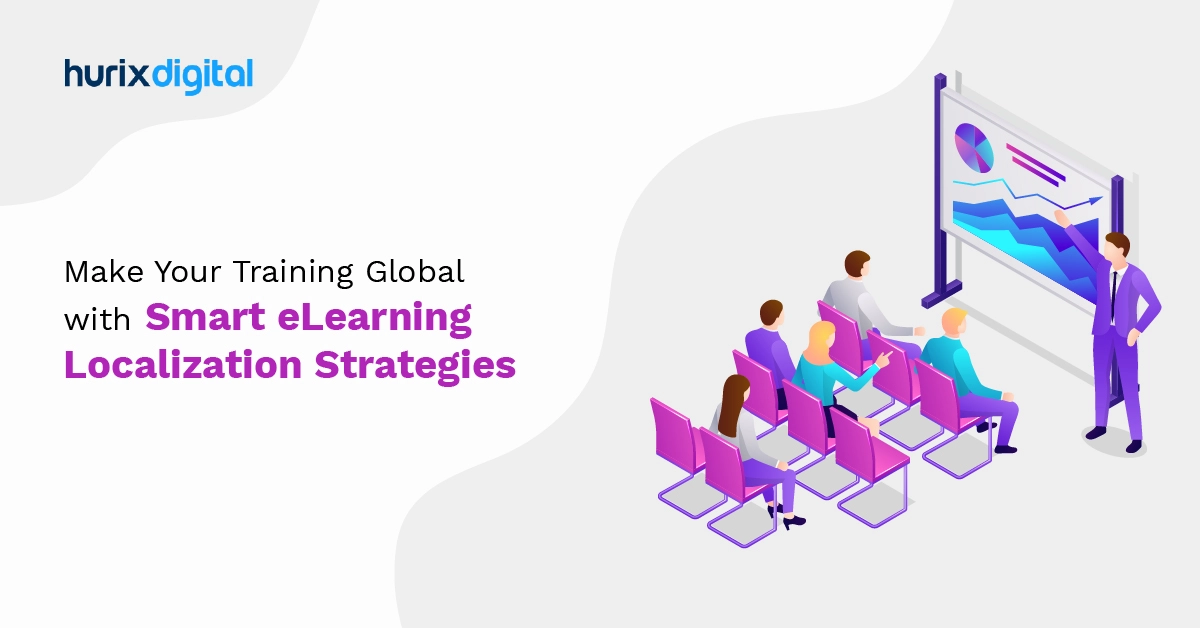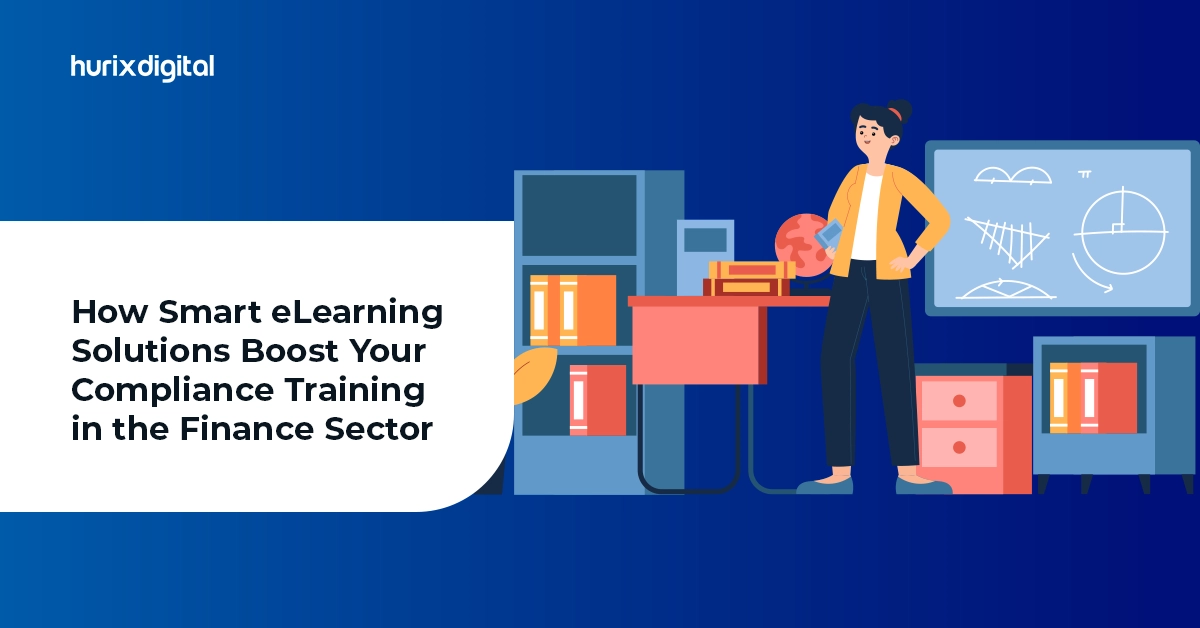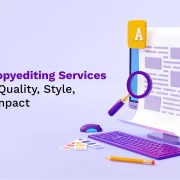
5 Reasons Why the FinTech Industry Needs Workforce Learning and Development
With the increasing numbers of FinTech startups, there is a growing demand for FinTech industry entities to be competitive and to offer more advanced products and services. Workforce learning and development comes as a multi-faceted solution in this regard.
Digital progress has led to more sophisticated projects and offerings for customers. According to PwC, 66% of customers expect financial institutions to digitize all aspects, including customer interaction, sales, and service, by 2025.
However, a major gap in the FinTech industry is the lack of sufficient training and tech talent. Workforce learning and development has emerged as a key requirement for the industry.
So why should the FinTech industry leverage workforce learning and development? Here are 5 reasons why.
1. Increased Demand Due to Rapid Industry Growth
The rapid growth of the FinTech industry has led to an increased demand for skilled and competent professionals. According to Research and Markets, the FinTech market is projected to grow at a CAGR of 26.87% by 2026.
Technological advancement and innovation have led to a need for more refined skills and tech learning. The demand for tech competence is leading to an increased need for workforce development.
Positions in different areas like software development, artificial intelligence, and data analytics require improved workforce training. In response to new market trends, employers must offer learning solutions to meet the need for new workforce skills.
Apart from the growing number of FinTech startups, banks, financial institutions, and financial organizations are also increasingly going digital and looking to advance and expand their technical capacities.
The total value of digital transactions is projected to go up to $8.49 trillion by the end of 2022. As financial services and products shift to the digital arena, finance professionals increasingly require specialized digital financial learning.
2. Retaining and Attracting Talent
Since the pandemic, there has been a rising trend of employee departures and shifts in employment. This trend has affected several industries, including the FinTech industry.
The growing number of FinTech companies has added to this since it led to increased demand for tech employees. Banks and financial organizations faced issues retaining employees as multiple tech employees found more attractive openings in FinTech companies.
Due to the increased pressure to find ways to retain employees, financial and Fintech employers need to incentivize and encourage employees by offering scope for training and development.
Offering employees training, learning, and development opportunities is a great way to encourage them to stay on. Due to continuously advancing technologies and digital tools, the workforce in the Fintech industry can particularly benefit from training and development.
Offering continuous scope for workforce learning is a great way to retain and attract tech talent in a competitive industry where technical skills are important.
3. New Roles and Internal Mobility
Internal mobility is an important factor in banks and financial institutions. According to an Ernst & Young report, internal mobility plays a key role in retaining employees. Internal mobility refers to shifting employees from one department to another.
This is leveraged by financial organizations to retain talent and motivate employees to continue and move into different roles.
Since it is increasingly difficult to find new talent due to the growing positions available for FinTech employees, banks and financial organizations are looking at cultivating talent within, along with internal mobility, retraining, and reskilling current employees to step into open roles.
In addition to this, new areas like data analytics, machine learning, and business intelligence require more sophisticated skills and learning tools. However, according to a study by Capgemini, more than half of tech employees say that the training programs at their workplace are not effective.
Given that new and upcoming areas require more advanced skills, it is all the more integral for FinTech businesses to offer improved learning and development capacities.
This also enables your business to save on additional expenses and time incurred in finding and hiring new employees. Employee replacement affects the regular continuance of work.
Frequent changes can also impact the rest of the team, who have to cover for others until a replacement is found. Reducing employee turnover and promoting internal talent can be good ways to prevent this.
Additionally, training a new employee from scratch can be costly and time-consuming compared to upskilling existing employees.
4. Fintech Skills Need Specialised Training
Digital skills for Fintech require specialized training and are not easy to learn on the job. Given that Fintech roles and areas are constantly growing, it is highly likely that employees will need to train and learn new skills.
Whether it is a new role they are joining or a current position requiring new skills, training and development are integral to workforce growth.
Additionally, FinTech learning requires digital technologies for employees to integrate the material. If the training is not engaging or interactive, employees are more likely to find it uninteresting and less likely to absorb the material.
Given that the roles require continuous development, your business or organization should offer engaging workforce learning and development facilities to support better work functions and employee performance.
5. Onboarding and Training
The onboarding process plays an important role in integrating employees and sets the basis for their position at the company. In FinTech, onboarding and training new employees is particularly important because of the multiple skills and technical nuances that recruits have to learn.
The new candidate is unlikely to be fully equipped for the role from scratch, particularly because of unique system functions. As a part of the onboarding process, your FinTech business or organization needs to train employees to work on systems in place.
This helps familiarize them with the technology and processes involved. It also prevents inefficiencies and errors that can occur due to differences between the systems the employee has experience working on. This is where workforce training and learning systems can play a critical role right from the start.
Summing Up
Workforce learning and development play an integral role in retaining and attracting talent. In the FinTech industry, workforce skill-building, training, and learning systems are particularly important due to the reasons given above.
Hurix offers learning management systems and training technologies along with other e-learning tools. Adopting and implementing these digital solutions will help your business train and develop its workforce. It will also enable your business to impart key learning and industry skills in a visually engaging and instructive way.
To learn more, get in touch with us today.

Senior Vice President
Julia brings over 20 years of global experience in digital learning and business strategy. She specializes in client success, enterprise learning solutions, and driving growth through innovation, with a focus on AI, VR, and emerging technologies across diverse industry verticals.








